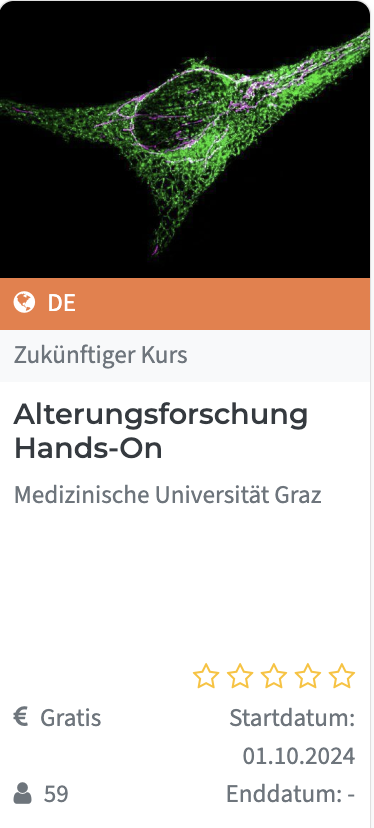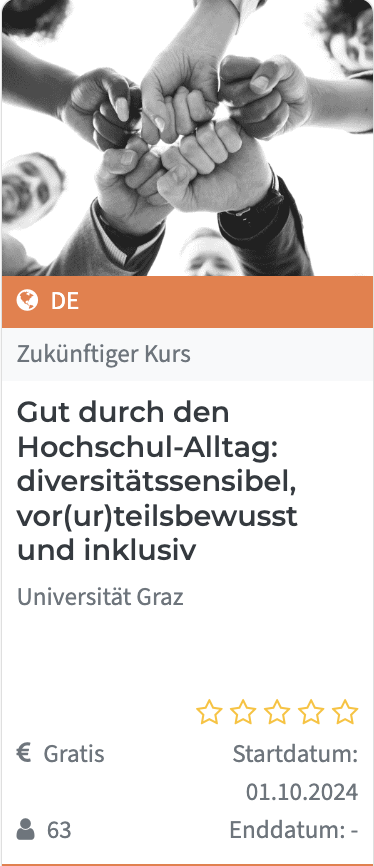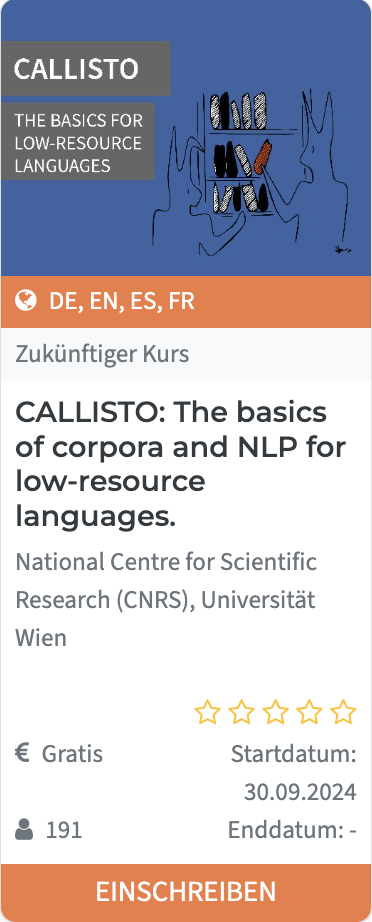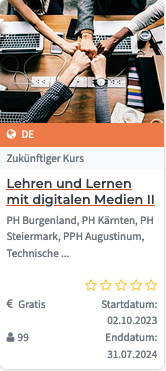We made a contribution about our outcomes of the European alliance titled „Usage of (federated) Learning Management Systems in European University Alliances„
Abstract:
In today’s rapidly evolving educational landscape, European universities are increasingly relying on digital technologies for collaboration and learning. European Universities, as transnational alliances, aim to reshape higher education by fostering academic exchange and innovation across borders. With over 40 alliances in existence, enhancing virtual mobility and exchange through interconnected learning infrastructures has become imperative. This paper provides insights into Learning Management System (LMS) adoption within European alliances, focusing on the Unite! alliance as a case study. While Unite! demonstrates successful implementation of Moodle as its central LMS, challenges persist in achieving uniformity across all partners. A desktop analysis of European alliances reveals that Moodle might be the most often used LMS in February 2023. A description of the LMS implementation within the Unite! analysis shows as well that a majority uses Moodle – at least as a second LMS. So, although the decision for a federated LMS based on Moodle might be the right one, these results as well indicate the need for tailored technical solutions for future developments for some partners and disparities in lecturers‘ and students‘ concerning a Moodle so that pre-emptive measures to ensure equitable participation are important. Despite these challenges, Unite!’s experience underscores the potential of Moodle as a widely adopted platform, prompting further exploration into solutions like LTI integration.
[article @ proceeding’s homepage]
[article @ ResearchGate]
Citation: Ebner, M., Schön, S., Alcober, J., Bertonasco, R., Herczak-Ciara, A., Hoppe, C., Martikainen, J., Muchitsch, M., Petersson, J. and da Silva, F.M. (2024) ‘Usage of (federated) Learning Management Systems in European University Alliances’, Ubiquity Proceedings, 4(1), p. 37. Available at: https://doi.org/10.5334/uproc.159.






